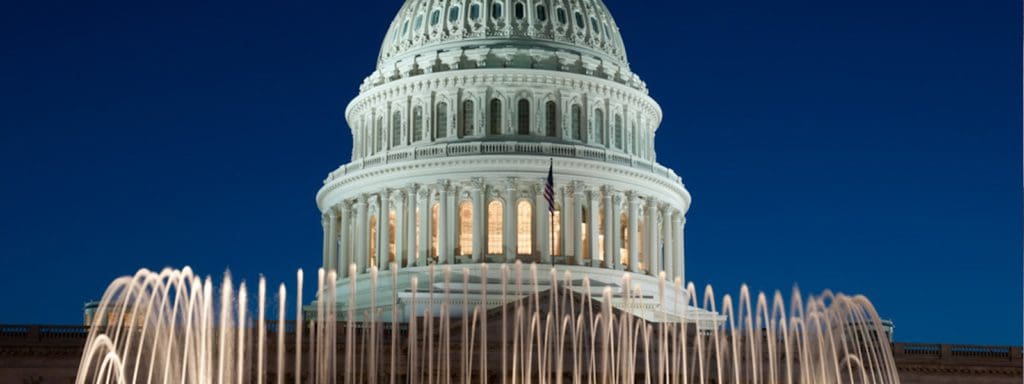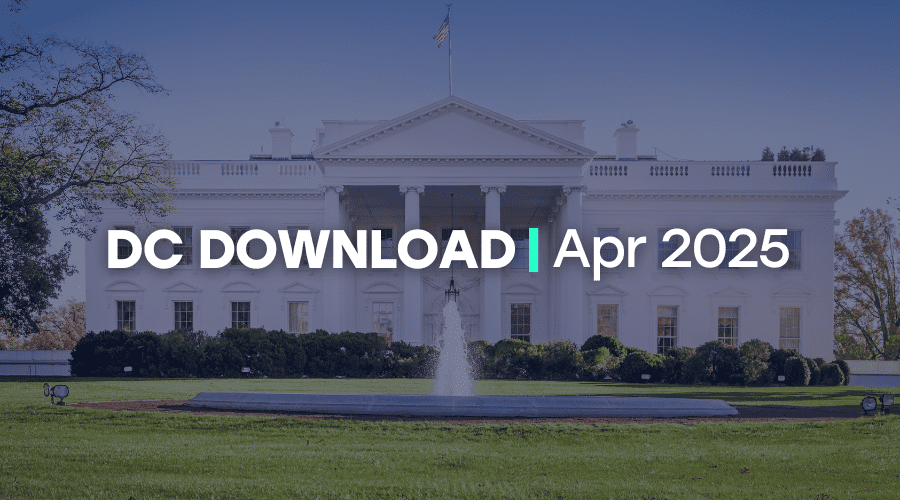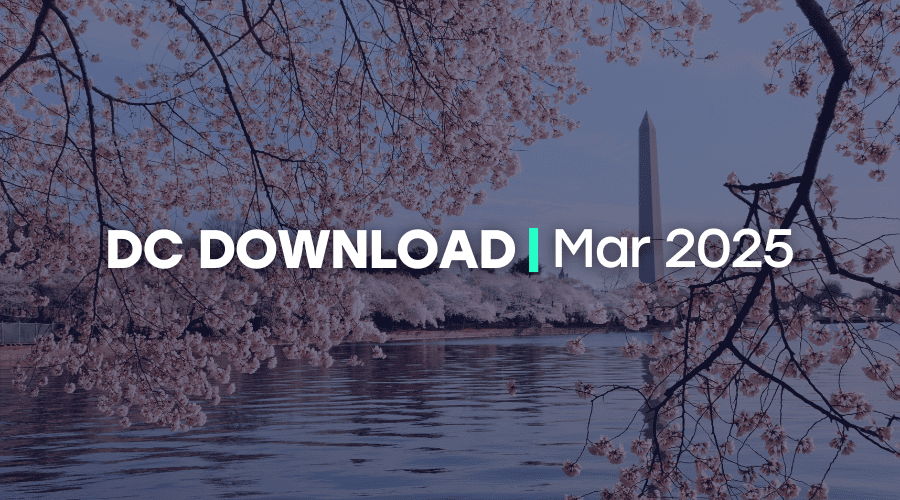Late July is often prime deal-making time on Capitol Hill, as legislators eyeing the exits somehow find a way to compromise on previously intractable issues. This year looks no different, with an ominous warning from the Treasury Department helping to spur a much-needed budget deal. For the latest on that and more, we’ve got you covered with this month’s download of the major federal policy updates that may impact nonprofits in weeks ahead.
Two-year Budget Deal on Track to Become Law
Despite months of bipartisan discussions about overall spending levels, negotiators had been struggling to reach a deal that could pass Congress and be signed by the President. Those dynamics changed quickly this month once alarming news about the federal debt limit raised the stakes of the negotiations. Led by Treasury Secretary Mnuchin and House Speaker Pelosi, an accord was reached on a two-year budget on July 22. On July 25, the bill passed the House with 284 votes—including 219 Democrats and 65 Republicans—and it is expected to clear the Senate this week and be signed into law.
Over the next two fiscal years, the bill permits federal spending to be roughly $320 billion higher than it would have been under draconian, unworkable budget caps currently in place. Agreement will still be needed on allocating this money to federal agencies and programs before October 1, and the deal will add to the government’s budget deficit, which already approaches $1 trillion a year. While this deal is a positive development for programs that help nonprofit organizations serve their communities, it means that efforts to repeal the onerous tax on nonprofit employee transportation benefits will need to seek a different legislative vehicle.
Public Service Loan Forgiveness Lawsuit Filed
Eight members of the American Federation of Teachers (AFT), the national union itself, and AFT President Randi Weingarten filed a suit against Education Secretary Betsy DeVos in federal court on July 11. The complaint alleges mismanagement of the Public Service Loan Forgiveness program, with less than 1% (about 518 individuals) of those applying for forgiveness having received it since March 2018.
Minimum Wage Legislation Passes House of Representatives
On July 18, the House of Representatives passed the Raise the Wage Act, a measure to raise the national minimum wage to $15 by 2025. The policy was a cornerstone of many 2018 Democratic midterm elections, passing nearly perfectly along party lines. Congress last raised the federal minimum wage to $7.25 a decade ago.
Citizenship Question Abandoned by Trump Administration, Blocked by Courts
After President Trump announced that his administration would no longer seek to add a citizenship question to the 2020 census, federal Judge Jesse Furman signed an order formally blocking the effort. Last month, the Supreme Court of the United States temporarily blocked the question from appearing on the census, unless the administration provided more substantive reasoning. The case was brought by the American Civil Liberties Union and the state of New York. Advocates across the nation have been fighting the question, citing concerns of misrepresentation, leading to misallocation of federal funding.
August Recess – Talk to your Members of Congress!
With August recess upon us, now is a great time to meet with your member of Congress. Contact your legislators while they’re home and looking to connect with constituents. They need to hear that your organization and community demand a fairer tax code that helps every American give to charity. Independent Sector is proud to provide this free toolkit to use yourself or share with your networks.



